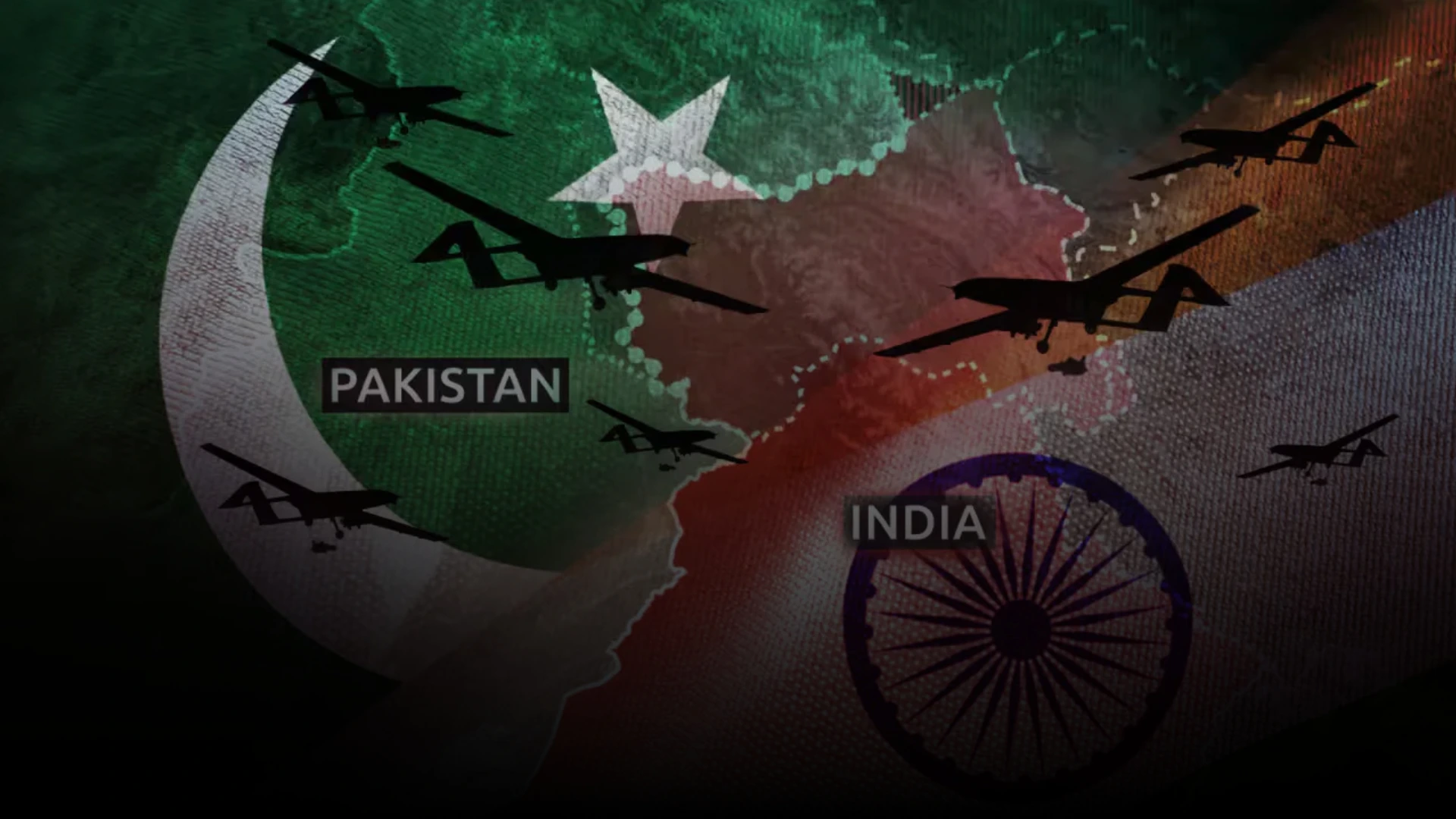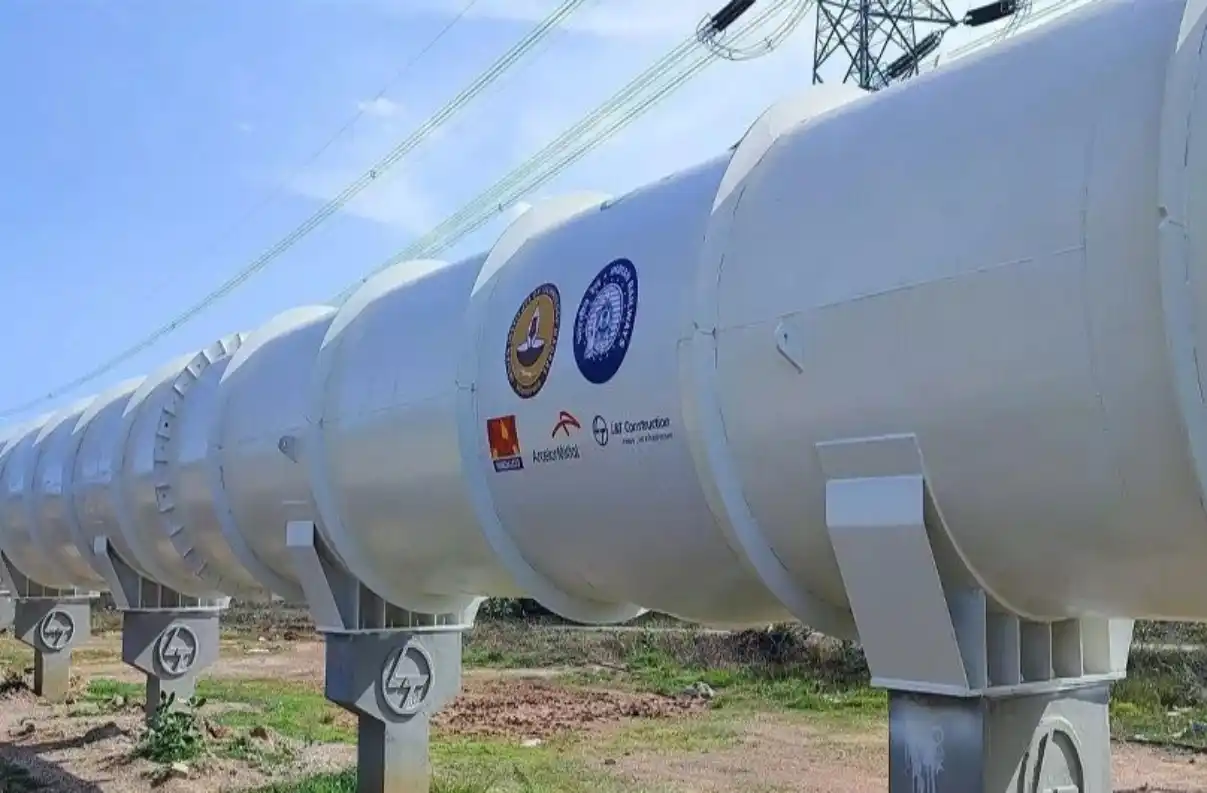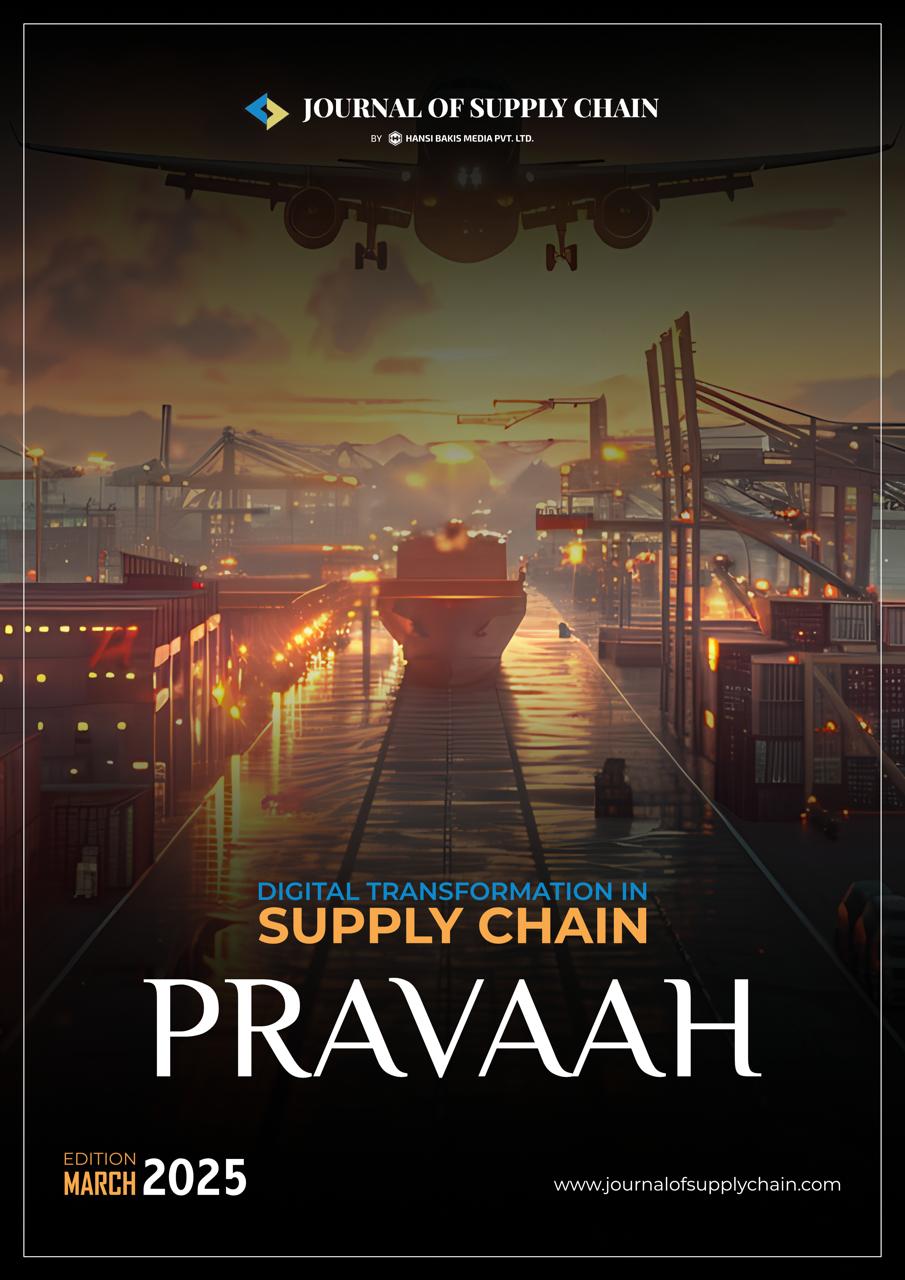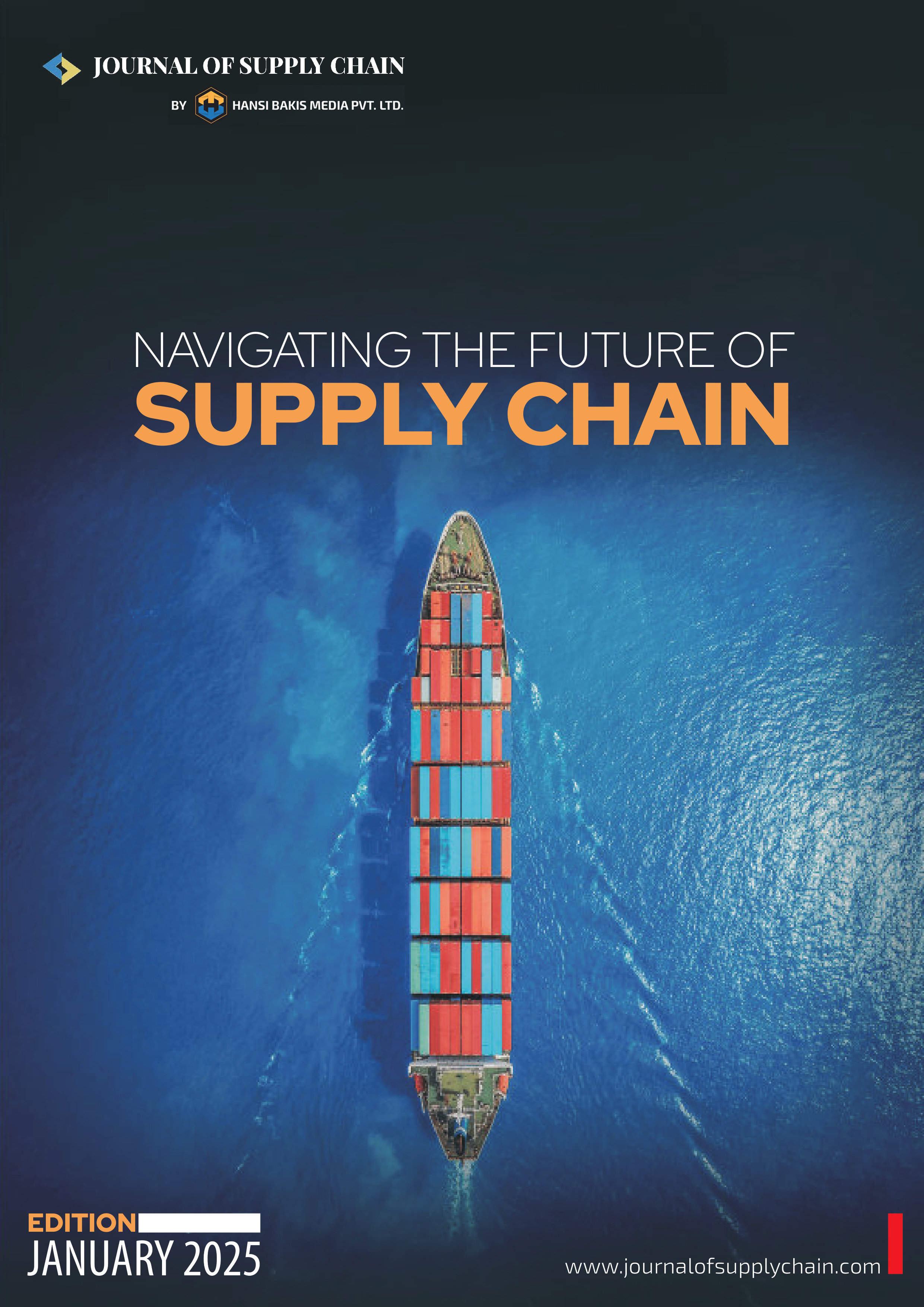Why the India-Pakistan Conflict Could Choke the Global Supply Chaint
In April 2025, the longstanding geopolitical tensions between India and Pakistan once again escalated following a terrorist attack on Hindu tourists in Pahalgam, Kashmir. This tragedy reignited a period of military confrontation, marked by missile strikes, artillery exchanges, and cyberattacks. While both nations have a history of conflict, the current hostilities have exposed an alarming vulnerability: the fragility of global supply chains. The interconnectedness of today’s global economy means that disruptions in one region can ripple across borders, affecting international trade, logistics, and the broader market. This article seeks to explore how the India-Pakistan conflict, given its geopolitical and economic ramifications, could severely affect global supply chains, especially in the fields of transportation, commodity markets, cybersecurity, and international trade agreements. Disruption of Trade Routes One of the most immediate consequences of the India-Pakistan conflict is the disruption of crucial trade routes. While formal trade between the two countries was suspended in 2019, goods have continued to flow informally across the border, particularly in sectors like agriculture and textiles. However, the ongoing military confrontations have prompted the closure of land borders, rerouting cargo through longer, more complex routes. For instance, shipments that would have previously moved from Pakistan through India into Central Asia are now diverted to alternate passages through Iran or China, adding significant time and cost to deliveries. This change in routing affects everything from food supplies to industrial materials, making the global supply chain more volatile. The cost of doing business has skyrocketed as companies must pay more for insurance, delays, and alternate routes. Rerouting not only affects businesses in India and Pakistan but also has a profound impact on the global market. Since Pakistan is a key transit hub for goods moving between Asia and the Middle East, delays in this region can have a cascading effect on the timeliness and cost of global exports. Impact on Port Operations India’s extensive coastline hosts several important seaports, including Mundra, Jawaharlal Nehru Port, and Kandla, which are vital for the transportation of goods in and out of the country. These ports are part of the broader trade infrastructure that supports supply chains in the Middle East, Europe, and beyond. However, the ongoing conflict has significantly disrupted port operations, not only due to security concerns but also due to logistical difficulties exacerbated by airspace closures and damaged transport routes. For example, Kandla Port, located on India’s western coast, was temporarily closed due to missile threats, halting the shipment of essential goods like crude oil and manufactured goods. Mundra Port, another key player, has reported delays due to personnel shortages and limited truck movements, further affecting the timeliness of deliveries. While these ports are gradually recovering from operational disruptions, the potential for further attacks or border escalations continues to hang over them. As supply chains around the world rely heavily on just-in-time logistics, any disruption, no matter how brief, can create substantial ripple effects across industries, especially in the electronics, automotive, and textile sectors. Airspace Restrictions Air cargo is another critical component of the global supply chain, and disruptions to air travel in South Asia can have far-reaching consequences. In the aftermath of the India-Pakistan conflict, 32 airports in northern India were closed due to airspace restrictions, hampering the swift transportation of goods that rely on airfreight. The closure of these airports particularly affects industries such as electronics, pharmaceuticals, and luxury goods, where speed is essential. With the airspace restricted, cargo flights were forced to reroute, adding significant delays to deliveries. Furthermore, airlines had to cancel several international flights, which, in turn, affected the movement of personnel and goods. Though airports have reopened, airspace restrictions remain in place, making it more difficult for international cargo services to operate smoothly. Given that much of the world’s trade relies on timely airfreight shipments, particularly between Asia, Europe, and North America, airspace restrictions and logistical disruptions could lead to supply shortages or the inflation of shipping costs. The ramifications of these delays will be felt most acutely in industries with tight inventory cycles, such as electronics and pharmaceuticals. Cybersecurity Threats The India-Pakistan conflict also highlights the growing threat of cyberattacks in global supply chains. Both nations have been involved in cyber warfare for years, and this conflict has seen an escalation of such activity. Pakistani hacker groups have launched targeted cyberattacks against key sectors in India, including energy infrastructure, transportation networks, and financial institutions. These attacks not only threaten national security but also pose a risk to the smooth functioning of global trade. For instance, the disruption of power grids in India could impact factory production and logistics hubs critical to the global supply chain. In addition, cyberattacks against financial institutions can interfere with payments and settlements across borders, delaying the clearance of international transactions. This kind of disruption can extend far beyond the India-Pakistan region, as cybercrimes increasingly affect multinational companies that depend on secure and uninterrupted data and financial systems. Commodity Market Volatility The India-Pakistan conflict has also resulted in significant volatility in commodity markets. India, a key global player in the rice, wheat, and tea markets, faces increased uncertainty in its ability to export these goods due to ongoing hostilities. Basmati rice prices have surged in international markets, as importers look to secure long-term contracts in anticipation of disruptions. Similarly, the conflict has negatively impacted India’s tea exports to Pakistan, which represent a considerable percentage of India’s tea industry. Other sectors, such as the chemicals and energy industries, also face price volatility. As the conflict continues, there is an increased risk of disruptions to oil and natural gas shipments from the region, which could cause fuel prices to spike globally. Such market instability could further strain businesses and consumers alike, particularly in countries reliant on imports from India and Pakistan. Insurance and Shipping Costs The financial impact of the conflict is also felt in the rising cost of insurance and shipping. Due to the increased risk in the region, shipping companies and insurers are charging higher premiums to cover goods moving through affected areas. Freight costs are expected to climb as transport routes become less reliable and more costly to navigate. Additionally, shipping crews are increasingly reluctant to operate in areas of heightened risk, further complicating logistics operations. For global companies already operating on thin margins, these increases in costs can be devastating, forcing businesses to either absorb the added expense or pass it on to consumers. These price hikes may eventually result in global inflation, affecting industries as diverse as food, clothing, electronics, and automotive manufacturing. Strategic Implications The geopolitical fallout from the India-Pakistan conflict also underscores the broader strategic implications for global trade. India’s push to develop the Chabahar Port in Iran and counterbalance China’s investment in Pakistan’s Gwadar Port reflects the high-stakes geopolitics at play. These developments along with the ongoing rivalry between India and Pakistan could lead to a realignment of global supply chains. Companies operating in the region may need to rethink their strategies to minimize risks, diversify supply sources, or avoid certain regions altogether. As China strengthens its hold on trade routes through the China-Pakistan Economic Corridor, India’s efforts to secure alternative trade routes will play a pivotal role in shaping the future of supply chains in Asia and beyond. The India-Pakistan conflict illustrates the interconnected nature of global supply chains and how localized geopolitical tensions can quickly escalate into widespread disruptions. From trade route closures to airspace restrictions, cyberattacks, and market volatility, the conflict has shown that no industry is immune from the effects of such disputes. As global supply chains continue to evolve, businesses and governments must invest in contingency plans and develop strategies to increase resilience against geopolitical risks. Lastly, The increasing reliance on international trade and the growing complexity of logistics networks makes it essential to monitor potential flashpoints like the India-Pakistan border. Given the ongoing nature of this conflict, adaptive planning, diversification of supply sources, and heightened awareness of geopolitical risks will be critical in ensuring the continued flow of goods in an increasingly uncertain world.








